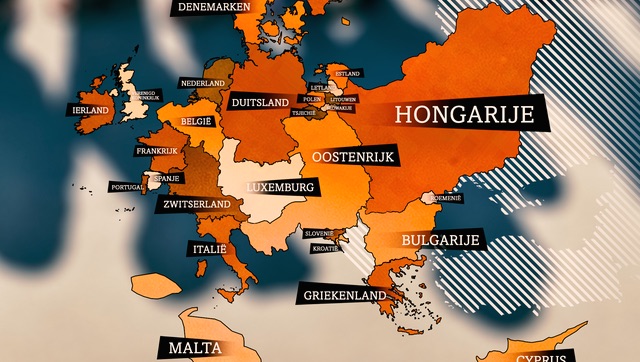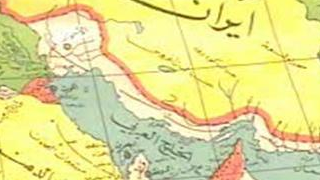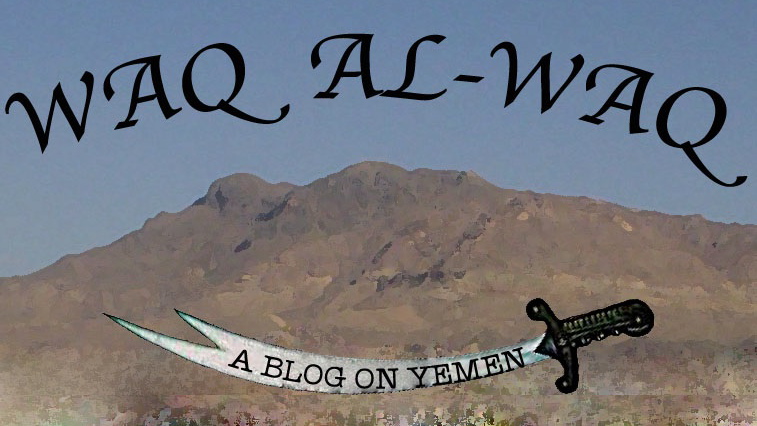Wikileaks Gets It Wrong About Al-Jazeera

We are becoming used to Wikileaks reports of cables from US Diplomats being immediately accepted as factual statements, rather than opinion based on encounters. The latest being the leaked communiqués from the US Ambassador to Qatar, Joseph Le Baron. He claimed that the Qatar based satellite channel, Aljazeera was being used “as a bargaining tool to repair relationships with other countries, particularly those soured by al-Jazeera’s broadcasts, including the United States“, and based his opinion on what he had been told by Qatar’s Prime Minister, Hamid bin Jassim al Thani, who said; “Aljazeera’s ability to influence public opinion is a substantial source of leverage to influence opinion throughout the region”.
Indeed it is, as is the BBC World Service. The only difference being that the BBC tends to reflect a Western view of the World, whereas Aljazeera reflects that of the Middle East and the developing World – hence the inevitable conflict between two very different World views.
But the idea that Aljazeera tempers its editorial content at the behest of the Emir of Qatar who mainly finances it is possibly as fanciful as the Wikileaks report that US diplomats believed their South Korean counterparts when they said that China might recognise a unified Korea under the aegis of Seoul. Conjecture does not always meet with reality. Aljazeera, in its swashbuckling sometimes disorganised way, has shown itself quite adept at resisting pressure wherever it may come from.
Throughout my time as a correspondent with Aljazeera, first at the United Nations in New York and then later in London, I never came across evidence the channel was being “leaned on” by the Qataris. There were other pressures of course – Aljazeera journalists became collateral victims during the war in Iraq and famously former Home Secretary, David Blunkett urged Tony Blair to blow up the Aljazeera transmitter. Had he taken his advice and done so there would have been a good chance that he would also have blown up the head of US Central Command, ‘Centco’who I bumped into round about that time and as he was leaving an interview at Aljazeera’s broadcast centre in Doha. I later wrote to David, inviting him to bomb Aljazeera in America, and pointed out that my office was in Times Square.
The Emir of Qatar has come under the most extraordinary pressures to force the Arabic and English Aljazeera channels to tone down their coverage, not least from the Saudis. The Saudis even set up their own channel, AlArabiya to counter what they saw as the contagious danger that Aljazeera’s free and fair reporting constituted to a region not necessarily associated with democracy and free speech. In recent months, it was claimed that the Jordanians jammed Aljazeera’s coverage of the World Cup in protest at the channel. And if Aljazeera has warmed more to the Obama administration than its predecessor, this could just be because Obama has a more nuanced policy towards the Middle East and one that does not immediately resort to military might. But the latest Wikileaks will be music to the ears of Aljazeera’s legions of detractors, armed now they believe with proof that the channel is the Emir’s poodle.
Of course Aljazeera has put Qatar on the map. People sometimes ask me; “is Qatar in Aljazeera?” Of course Aljazeera also makes Qatar a small state to reckon with. On the one hand fiercely pro Western and home to Centco, on the other home to a satellite station with bite.
Come to think of it I did once witness a controversial intervention by the Emir. My cameraman, Nick Castellaro was filming the arrival of UN Secretary General Ban ki moon in Doha, and inadvertently turned his back on the Emir while doing so. Poor Nick was immediately castigated by a Qatari official for his appallingly discourteous behaviour. He was saved further admonishment by the intervention of the Emir, who had spotted a trademark symbol on his baseball cap; “Don’t worry please, he is from Aljazeera”.
*This article has appeared in The Guardian, Uk





